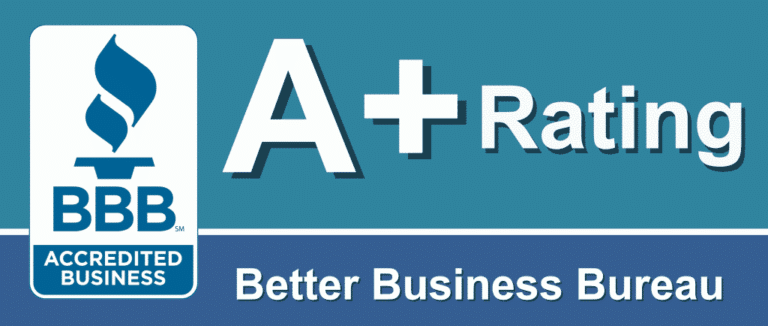During the past few months we have been addressing the question, “What is the proper diet for me?” We first talked about Metabolic Typing. This is testing to determine which foods, depending on your metabolic type, will keep you slightly alkaline.
Then we discussed Barry Sear’s “Zone” diet. This involves using food as a drug to create more of the good eicosanoids than those that are bad. Lots of good eicosanoids = good health.
This month I would like to talk about eating foods that are specific for your blood type. This is from the book by Dr. Peter D’Adamo, Eat Right 4 Your Type.
The Blood Types
Primitive man, about 40,000 BC, was a hunter. His fuel was meat protein. His blood type was O.
As time marched on and agriculture and domestication of animals evolved people began living in more concentrated groupings, and Type A blood emerged (c. 20,000 B.C.). This mutant strain was better at absorbing nutrients from grains. Also Type A’s were more resistant to infections common to densely populated areas. Type A blood predominates among Western Europeans.
Around 10,000 BC Type B mutations arose and Type B became prevalent among Eastern Europeans and throughout China, India, and Japan. Type B’s are much better at handling dairy products.
The newest blood type is AB. About 1,200 years old, AB reflects intermingling of populations.. Few people are AB.
Why is it important to know your blood type?
Our immune systems are constantly on guard to protect us from foreign substances. Every life form has chemical markers called antigens. When your immune system “sees” something suspicious it will compare it to those antigens which determine your blood type.
Each blood type is named for the blood type antigen present on your red blood cells. For example, if you are Type A you have A antigens. There are other ways our bodies deal with foreign invaders, but this is a major one.
When a foreign antigen is detected, antibodies are made by our immune system to attack the invader and cause an agglutination reaction (a clumping), so they can then be disposed of.
Interestingly, it was found that foods will react in a similar antigen-antibody agglutination reaction with certain blood types, reflecting the link to the foods your blood type ancestors ate. This agglutination reaction has to do with proteins in foods called lectin’s. If you eat a food with a lectin that is incompatible with your blood type antigen, agglutination reactions will occur. These reactions can take place in your kidney, stomach, liver, etc.
Blood types carry antibodies against other blood types. For example, if you are blood type B you carry antibodies against blood type A; if you are Type A you have antibodies against B and if you are Type O you carry antibodies against A and B. Thus a Type O cannot receive blood from anyone but a Type O.
A lot of the food lectins closely resemble certain blood type antigens thus causing the antibody-antigen reaction. So as Dr. D’Adamo points out, if a person with Type A blood drinks milk, an agglutination reaction will occur because milk has B-like qualities.
Gluten is a lectin found in wheat and other grains. Type O’s tend to have lots of reactions to this especially in the digestive tract, making Type O’s more prone to things like colitis or irritable bowel. Type O’s also are more likely to suffer from hypothyroidism. These agglutination reactions are easily demonstrated in the lab by combining specific food lectins with different blood types.
Type B’s are more likely to suffer from MS, Lupus and Chronic Fatigue Syndrome but are more resistant to cancer and heart disease. Type A’s do well on vegetarian diets. Type A’s are prone to heart disease, cancer and diabetes.
In his book, Dr. D’Adamo lists specifically which foods are beneficial and which should be avoided by the individual blood types. He finds that many diseases are resolved by following the right diet for your blood type.
Tying it all together
I feel that each of the three ways of approaching one’s food choices is valid to a certain extent. However, it seems to me that if we combine the three approaches we can get closer to your individual ideal food choices than through just following only one of the prescribed methods.
By finding out what metabolic type you are you will know which foods are best for keeping your blood slightly alkaline. Then checking this list against your blood type list will help further refine which foods are best for you. Following the proportions of protein, carbohydrates and fats that Dr. Sears advocates with a supplement of fish oil will put the crowning touch on your optimum food plan.
© 2005, Mark A. Breiner, DDS
The information presented is for educational purposes only. You should consult a qualified dentist or health practitioner for diagnosis and treatment.


